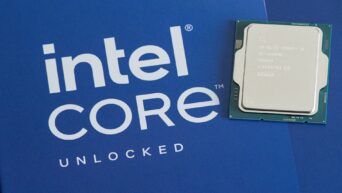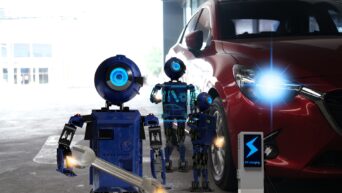SpaceX’s Starship rocket, spearheaded by CEO Elon Musk, achieved significant progress in its third test flight on Thursday, marking a major step forward in the company’s ambitious space exploration goals.
The two-stage Starship rocket successfully completed many of its objectives, showcasing its potential to revolutionize space travel. Despite a brief loss of radio contact towards the end of the flight, SpaceX hailed the mission as a remarkable achievement.
Elon Musk, expressing his delight with the outcome, affirmed on X (formerly Twitter) that “Starship will take humanity to Mars,” underscoring the rocket’s pivotal role in advancing space exploration.
During the test flight, the Starship rocket demonstrated flawless performance, with clean separation of its booster and upper stage. Spectacular views of Earth from over 100 miles above the planet were captured by onboard cameras as the rocket traversed the Atlantic and southern Africa.
While not every milestone was met, including the controlled descent of the booster, engineers remain optimistic about the rocket’s future development. Elon Musk has pledged to conduct approximately six more test flights this year, further refining the capabilities of the world’s most powerful rocket.
The Starship’s revolutionary design aims for full reusability, akin to an airplane, which could dramatically reduce the cost of space missions. Additionally, Starship’s capacity to carry over a hundred tonnes to orbit in a single launch presents unprecedented opportunities for space exploration and commercial activities.
For Elon Musk, Starship plays a crucial role in projects like Starlink, a global broadband internet network, and realizing his long-standing ambition of establishing human settlements on Mars.
The successful test flight holds particular significance for NASA’s Artemis program, which aims to return astronauts to the Moon this decade. The potential of a starship as a lunar lander aligns with NASA’s lunar exploration objectives, with Administrator Bill Nelson congratulating SpaceX on its achievement.

































